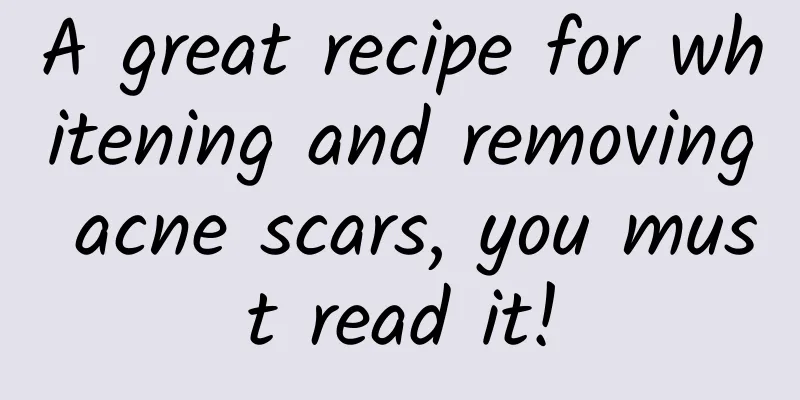What to do if you have tears due to rhinitis

|
Rhinitis is a very common disease, which mainly refers to inflammatory diseases of the nasal cavity. There are many pathogenic factors, and viral infection, genetics, and antigenic substances may all cause rhinitis. The symptoms of rhinitis are similar to those of a cold. Some patients often shed tears, which has a great impact on their normal life. The solution is the most concerning thing. So, what should I do if I have tears due to rhinitis? Let’s take a look below. 1. Etiological treatment: Identify systemic and local causes, and promptly treat systemic chronic diseases, sinusitis, adjacent infected lesions, and nasal septum deviation, etc. Improve living and working environment, exercise, and enhance body resistance. 2. Local treatment (1) Intranasal glucocorticoids are the first choice for chronic rhinitis. They have good anti-inflammatory effects and ultimately produce a decongestive effect. It can be used for a longer period of time as needed, with good efficacy and safety. (2) Nasal cleaning: For those with more or thicker nasal secretions, the nasal cavity can be cleaned with normal saline to remove the nasal secretions and improve nasal ventilation. (3) Oxymetazoline hydrochloride spray can be used as an intranasal decongestant, and continuous use should not exceed 7 days. If you need to continue using it, you need to stop for 3 to 5 days. Long-term use of 0.5% to 1% ephedrine nasal drops can damage the ciliary structure of the nasal mucosa and should be avoided as much as possible. If it is necessary to use it, use it in small amounts intermittently. The use of nasal drops is prohibited because it has been shown to cause drug-induced rhinitis. (4) Other treatments include blockade therapy, acupuncture therapy, etc., which are rarely used.Prevention 1. Quit smoking and drinking, pay attention to food hygiene and environmental hygiene, and avoid long-term irritation from dust. 2. Avoid long-term use of nasal decongestants, as these drugs may cause "medicament-induced rhinitis". 3. Actively treat acute rhinitis. Whenever you have a cold and your nasal congestion worsens, do not pick your nose hard to avoid nasal infection. 4. Pay attention to physical exercise and participate in appropriate sports activities. 5. Pay attention to climate changes and add or remove clothes in time. 6. Try to avoid going to crowded places and remember to wear a mask. |
<<: What is a cold with stuffy nose and runny eyes?
>>: What are some tips for treating cold and tears?
Recommend
Use toothpaste to stop itching immediately
When athlete's foot occurs on the feet, the f...
Can I eat grapefruit when I have my period?
I believe everyone must be familiar with grapefru...
What are the symptoms of Qi deficiency and blood stasis? How to regulate blood stasis constitution?
Qi deficiency and blood stasis is a common sympto...
Inflammation of lymph nodes
The main causes of lymph node inflammation are a ...
What to do if your stomach is always upset
The stomach is a very important organ in our huma...
What diseases can Chinese medicine cure? The complementary advantages of traditional Chinese and Western medicine are beneficial to treatment
In life, some people always like to use Western m...
What are the common symptoms of acute nephritis?
Due to the serious pollution of drinking water an...
What topical medications can be used to treat anal fissures?
There are many patients suffering from anal fissu...
Can Fengyoujing cure prickly heat?
Fengyoujing is a relatively common medicine with ...
It hurts to urinate at the end
Urine is an important way for the human body to m...
Red pimples on face and arms
Skin diseases are difficult for the human body to...
How to get rid of the stool in one go, seven kinds of food to help get rid of the stool
Modern people often suffer from constipation due ...
Symptoms and prevention methods of acute gastroenteritis in summer
What are the symptoms of acute gastroenteritis? H...
What to do if corns grow on toes
Speaking of corns on the toes, many people have e...
Nutritional value of Prunella vulgaris
Prunella vulgaris is a plant that looks like a li...









